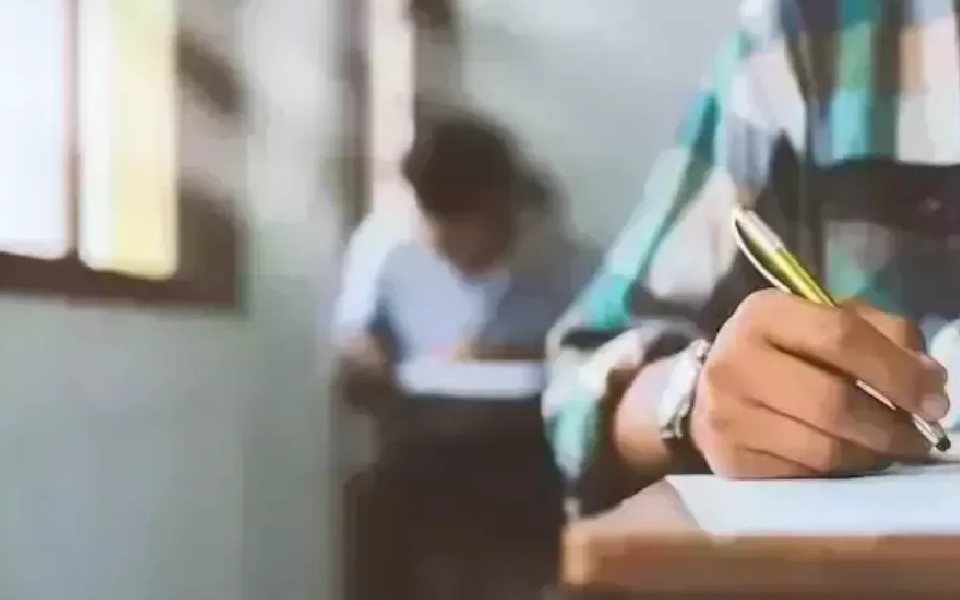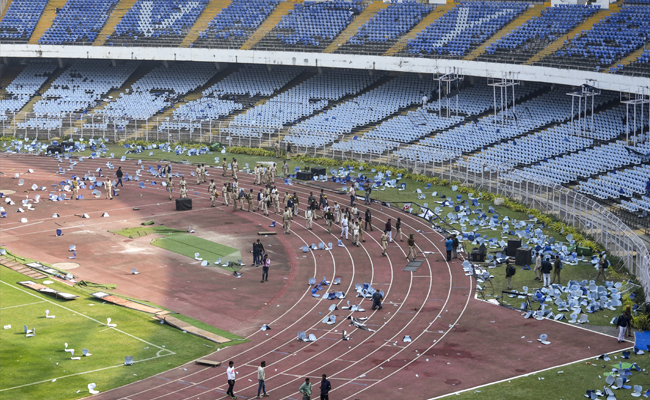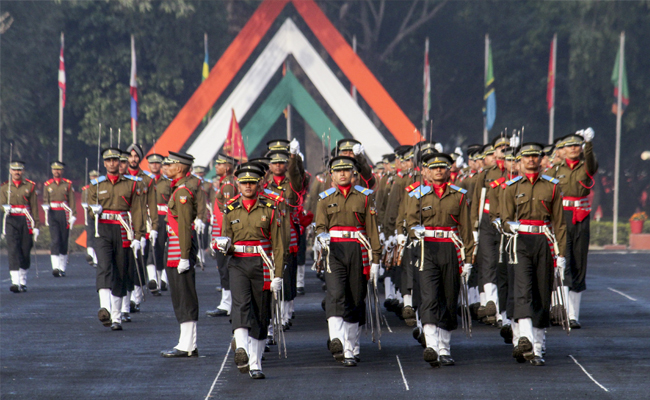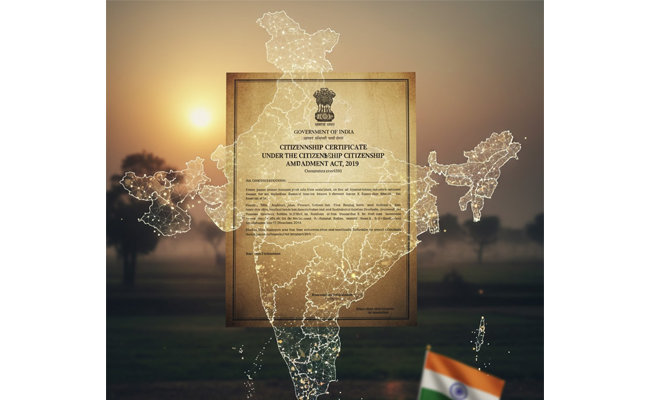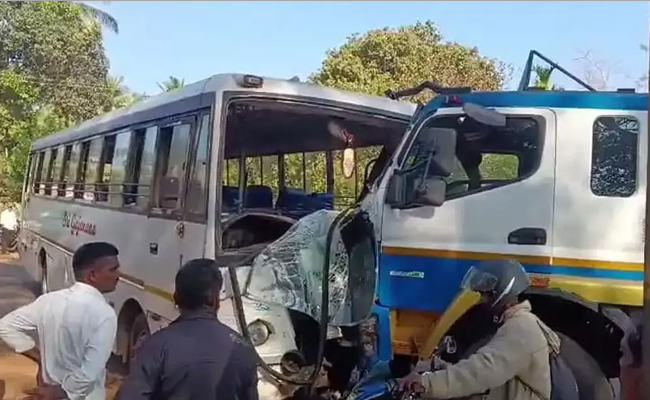Bengaluru: The Common Entrance Test Examinations (CET), crucial for admissions to several professional courses including engineering, agricultural science, veterinary, will be held across the state on April 18 and 19. The examination is set to be held across 737 centers in the state, with Bengaluru having the highest of 167 exam centers.
This year around 3,49,637 students will attempt the CET exam. Among them, 648 specially-abled candidates have registered for the CET exam.
In addition, a total of 20,300 personnel have been deployed to ensure that no irregularities happen in the examination. Consequently, there will be CCTV surveillance in all the examination centers. Deputy Commissioners and Superintendents of Police of respective districts will be in charge of tight security.
On April 18, Thursday, Biology examination will be held from 10.30 am to 11.50 am, followed by Mathematics from 2.30 pm to 3.50 pm. On April 19, Friday, Physics exams will take place from 10.30 am to 11.50 am, followed by Chemistry exam from 2.30 pm to 3.50 pm. Candidates are advised to arrive well in advance as those arriving after the third ringing of the bell at 10.40 am and 2.40 pm will not be allowed to enter the exam hall.
Each exam room will have 16 sets of question papers, and measures have been taken to avoid duplication. The question paper will be available in both English and Kannada, with the English version considered final in case of any confusion. No queries will be entertained at the examination center regarding this matter. Additionally, drinking water has been arranged at all examination centers due to the summer heat. Asha workers, NCC, and NSS cadets will assist in conducting the examination smoothly.
Meanwhile examinations for Gadinadu (border district) Kannadiga students will be held in Kannada language on April 20 from 11:30 AM to 12:30 PM at centers in Mangaluru, Belagavi and Bengaluru. Approximately, 1,545 border Kannadiga students will attempt the exam.
It has been instructed to students to mandatorily bring the identity cards along with the admit card for the examination. Other instructions include, only blue or black pens are allowed. Full-sleeved shirts, masks, and jewelry are not permitted. Additionally, mobile phones, Bluetooth devices, tablets, watches, calculators, notepads, iPods, and earphones are prohibited.
Once an answer is marked, it cannot be erased or rewritten. It is mandatory to enter the admit card number and question paper version code in the OMR sheet. Candidates must sign at the bottom of the OMR sheet without fail. It has been instructed that nothing should be written or scratched on the timing mark on the OMR sheet.
Let the Truth be known. If you read VB and like VB, please be a VB Supporter and Help us deliver the Truth to one and all.
Kolkata (PTI): The police on Saturday arrested Satadru Datta, the prime organiser of the Lionel Messi football event at Salt Lake Stadium here, following widespread chaos at the venue, which prompted the Argentine World Cup-winning captain to leave the field early.
Taking suo motu cognisance of the stadium unrest, Datta was held by the Bidhannagar Police for “mismanagement” of the event from the Kolkata airport, where he had gone to see off Messi and his entourage on their way to Hyderabad.
"We are looking into whether there was any mismanagement from the organiser's side, which led to the chaos at the stadium. He has been detained, and the police have now brought the situation under control," West Bengal DGP Rajeev Kumar said at a press conference.
A senior police officer later confirmed that Dutta has been arrested. Till reports last received, the police were interrogating him and his manager inside one of the departure lounges of the airport.
The organiser has given in writing that he will refund the prices of tickets he sold to the disappointed spectators, Kumar said.
What was supposed to be a marquee football spectacle turned into widespread violence and disorder at the stadium after Messi’s brief and tightly ring-fenced appearance, his first at the venue since 2011, left large sections of the crowd frustrated, as they failed to catch a glimpse of their superstar despite having travelled from far and wide, paying hefty sums for tickets.
Police said they were also investigating how organisers allowed sale of bottled waters and beverages inside the stadium premises, which are banned items during such events.
Thousands of water bottles were used as missiles and lobbed inside the pitch by angry spectators, who also uprooted bucket seats from the gallery and used them as ammunition inside the field against the defending police and security personnel.
Spectators alleged that water bottles were being sold at a massive premium inside the stadium despite police disallowing such items from outside at the entry gates.
Police agreed there was an underlying tension in the galleries on account of Messi not showing his footballing skills on the field, which only got aggravated after a bunch of VIPs, including State Sports Minister Aroop Biswas and unidentified people, blocked the football icon’s view during the limited time he spent on the ground.
“We are on the job, and will ensure that whoever is responsible for what happened today at Salt Lake Stadium will be punished, and action will be taken against the authorities concerned,” said Jawed Shamim, ADG, Law and Order.

